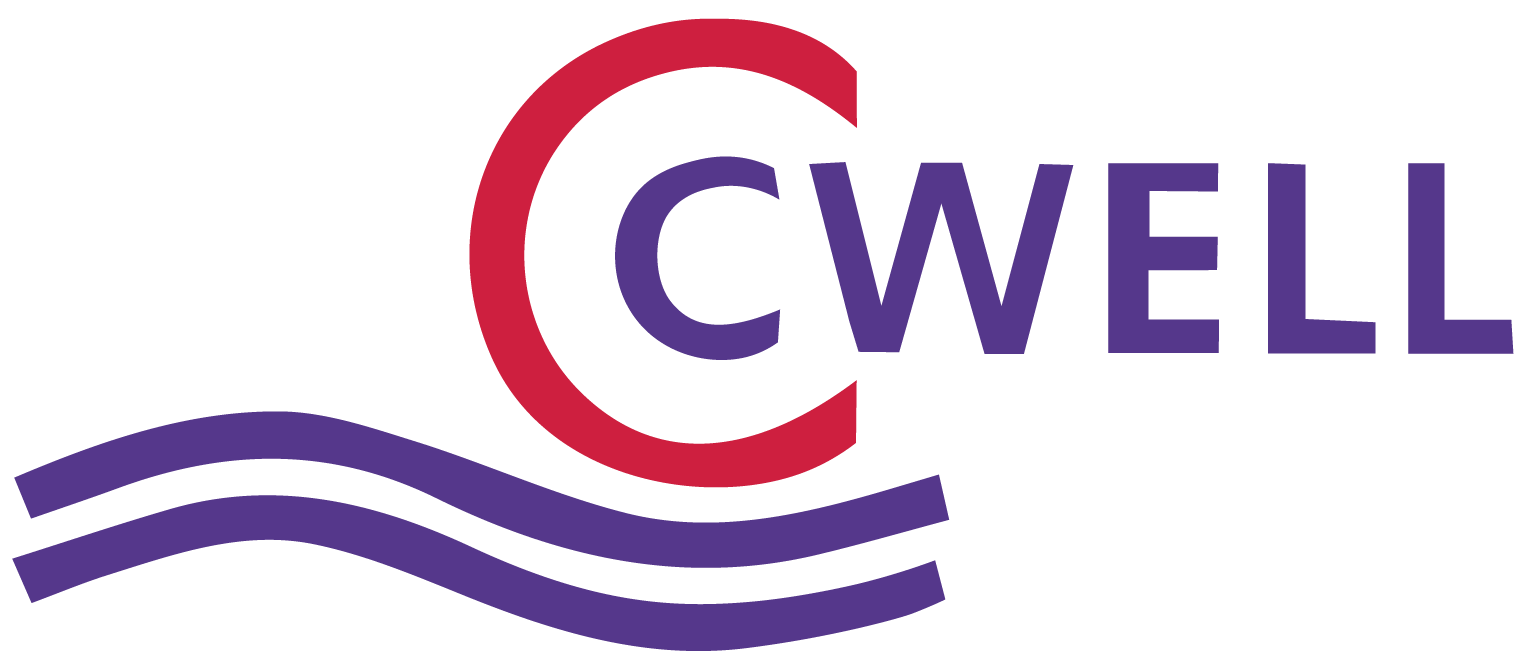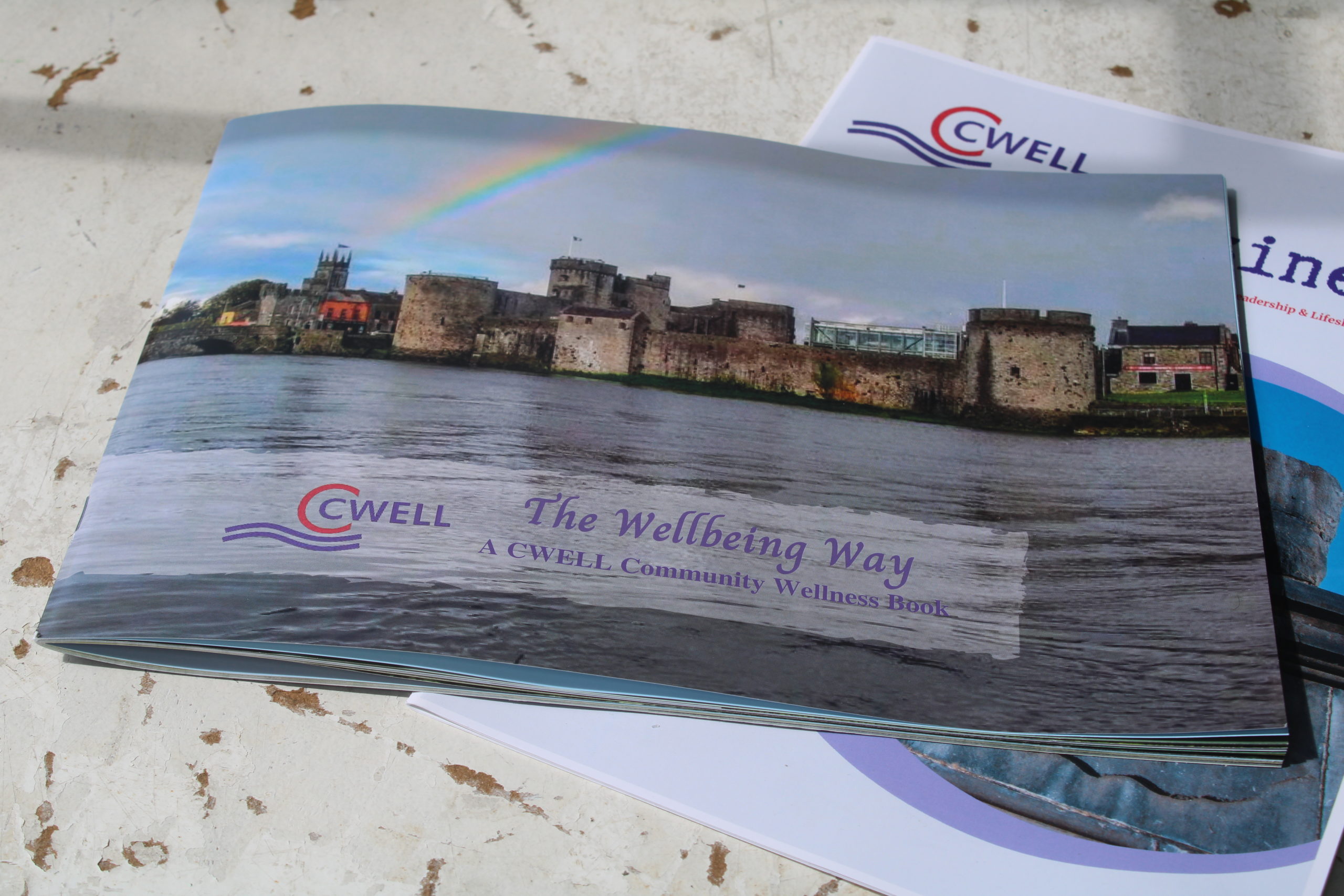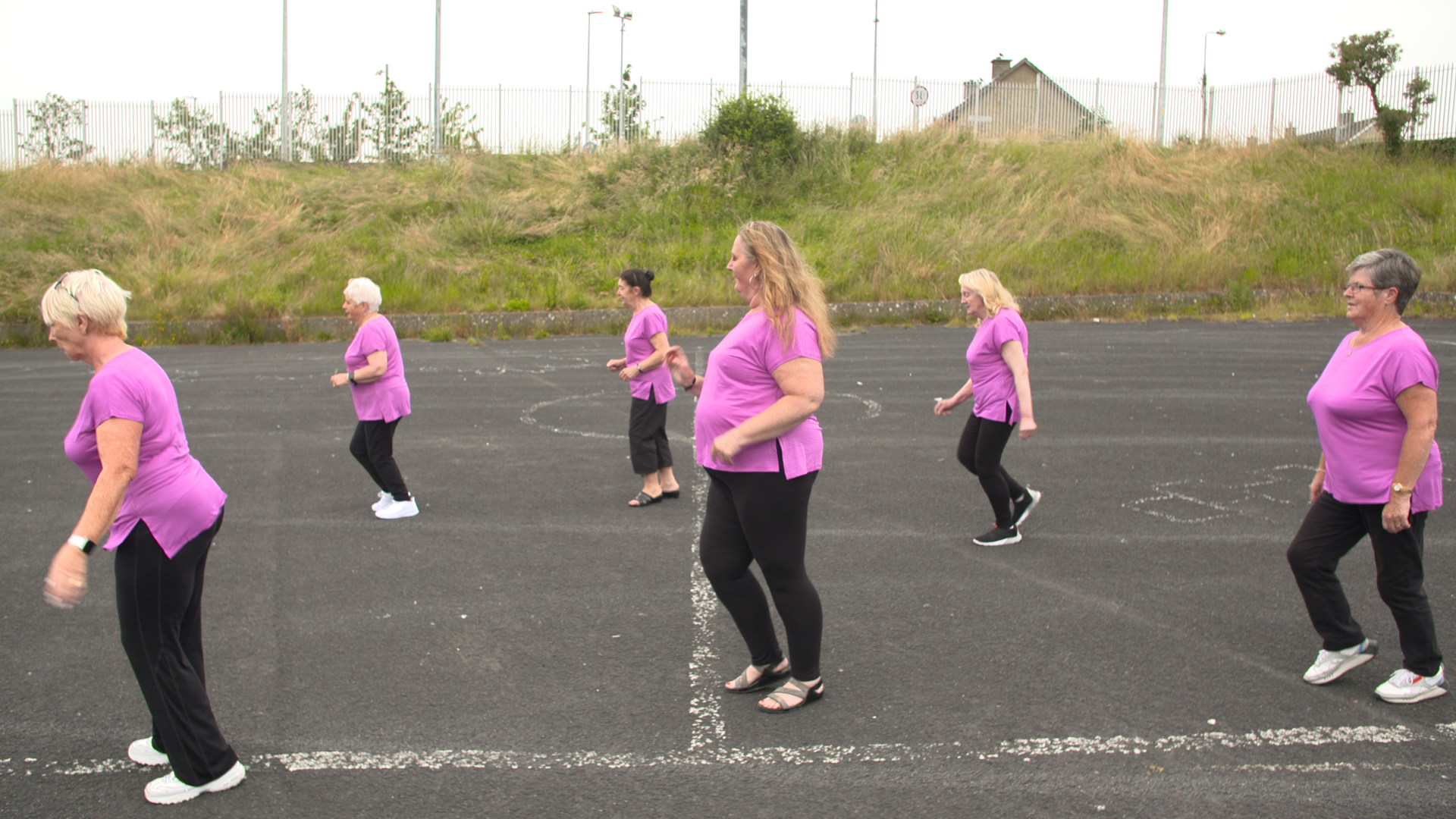Modules
CW4001
Wellbeing across the Lifespan
CWELL Project 2020-21
Aim:
This module facilitates an exploration of key issues concerning mental health as they occur across the lifespan. Students will learn about the causes, risk factors and symptoms associated with different types of mental health issues. Besides the overview, students will learn about the wider contextual issues surrounding mental health (e.g. family and carers, stigma etc) and the implications of these for those concerned. Students will explore the lived experience of mental health difficulties and examine ways of supporting positive coping strategies and resilience within the individual, the family and the community.
Syllabus:
In this module, students will learn about the factors (e.g., psychological and social) associated with well-being and mental health problems over the life course from childhood to old age. An experiential and reflective approach will be fostered where students will explore different definitions of wellbeing, ‘normal’ mental health and common mental health problems. An overview of mental health and its features and factors which impact on mental health will be addressed including the negative effects of stigma and discrimination. Ways to reduce risks of developing mental illness will be explored. Social and community factors associated with the promotion of well-being and positive mental health will also be explored.
Learning Outcomes:
- Identify the factors that promote positive mental health and well-being in personal and/ or community contexts
- Formulate positive coping strategies to promote resilience and well-being
- Demonstrate the capacity to bring their knowledge to bear to address problems such as stigma and discrimination in the community
- Demonstrate a commitment and proactive approach to lifelong development of skills and learning in informing personal and professional development.
- Reflect on own personal development to include goal or objective-setting and action planning.
- Demonstrate confidence to take action and initiative around personal learning needs
- Embrace reflection and self-evaluation as part of the learning process
CW4011
Personal Development
CWELL graduates 2019-21
Aim:
Syllabus:
The aim of this module is to equip students with study and effective study skills as well as provide for career development, which are necessary to participate fully in, and derive maximum benefit from, third-level experience. The syllabus for this module will provide the learner with the necessary tools to become effective and confident learners. The principle focus will be on study skills, personal development and reflecting on issues in both areas of the module.
The student will be supported to apply the skills-set acquired, which will include writing skills; oral presentation skills; Creating a portfolio, Preparing for PowerPoint presentations, Profiling different learning styles e.g. mind mapping, reflective logs; Learning to read academically i.e. scanning/skimming. The student will learn academic reading; note-taking; effective use of lectures and tutorials; basic research skills; using sources of information. Students will learn about the conventions for writing academic assignments: argumentation, planning an essay, referencing as well as reflecting on the learning experience. Personal development will include career decision-making and preparation; the Job Search Process; Identifying and securing employment opportunities, CV Preparation including online job-hunting, Interview Preparation & Interview Techniques, Guidelines on CV applications & Cover Letters, Introduction to Interview skills. Managing finances, financial planning and budgeting.
CW4002
Empowerment and Life skills
CWELL students Maureen Power, Gerard Costello, Erin Starkey and Mary Moynihan, Empowerment and Lifeskills group work, February 2020
Aim:
Syllabus:
This module is designed to help students to develop feelings of personal agency and empowerment that are central to personal, social and professional development. This module recognises that the acquisition of these kinds of life skills is a life-long process, but this module is designed to help students develop psychosocial competencies and interpersonal skills that will facilitate them to make informed decisions, solve problems, think critically, communicate effectively, build healthy relationships, empathise with others, and cope with and manage their lives in a healthy and productive manner. The graduate attributes developed through participation in this module include; ‘collaborative’ and ‘articulate’. The module learning outcomes clear aim towards development of the ability to convey ideas effectively using a range of media. The module syllabus is focused on theories of group working, negotiation and conflict resolution. In conjunction with this syllabus practical opportunities to work with and collaborate with others will facilitate the development of collaboration skills.
In this module students will learn about life skills, human communication, group theory and conflict. Students will have opportunities to develop skills in; assertive communication, conflict resolution, team working, group facilitation, peer education, time management and decision making. Students will learn about the relationship between psychosocial competencies (self-awareness, self-esteem) and interpersonal relationships.
CW003
Active Living
Southill women join CWELL graduate Geraldine Minogue for a COVID-friendly Jerusalema.
Aim:
Syllabus:
The aim of this module is to provide a detailed overview of the management of health and well-being across the lifespan. Students will learn about the theoretical principles underlying the management and treatment of health and well-being which will include biological, psychological and social applications to advance positive well-being. Students will also explore ways of fostering positive coping strategies and resilience within the individual, the family and the community as a means of preventing or reducing the burdens associated with physical or mental ill health. The graduate attributes developed by participation in this module are ‘knowledgeable’ and ‘creative’. Students will be encouraged to think critically about health and well-being and interventions/treatments. Students will have opportunities to identify and consider a wide range of positive coping strategies.
In this module, students will learn about the theoretical foundations underlying the management and treatment for positive health and well-being. For this, the role of social, psychological and biological factors in the prevention, management and treatment of health and well-being will be taught to students. An experiential and critical reflective approach will be developed in students where they will explore the most effective methods of applying preventive and treatment measures to foster positive health and well-being.
CW4004
Leading and Sustaining Change in the Community
Limerick – Let’s Talk about our Mayor! CWELL project 2019-20
Aim:
Syllabus:
The Leadership Module is designed to help students become truly effective leaders. This module recognises that the acquisition of leadership skills is a life-long process. Students will learn about; the characteristics of effective leaders and how leaders function within groups and society. The module will consolidate learning from Practicum I as it relates to Leading and Sustaining Change in the Community and prepare for implementation of project work to be undertaken in practicum 2. The graduate attributes developed by participation in this module are ‘proactive’ ‘creative’ ‘responsible’ ‘collaborative’ and ‘articulate. The focus on leadership in this module includes attention to competence in; conveying ideas clearly and effectively, recognising the local and global impact of decisions, proficiency in working with others, capacity to see new possibilities and confidence to take initiative.
In this module students will learn about psychological and social theories of relevance to leadership, leadership styles, and the contexts where leadership occurs. Students will have opportunities to reflect on and develop their own leadership skills (e.g. conducting effective meetings, group facilitation, negotiation skills, needs analysis, community profiling). Students will learn about the benefits and challenges of community leadership and the qualities of effective community leaders. Principles of teamwork. Factors which may impede or facilitate change. Implementing change, project planning, implementation and evaluation will be addressed. Supervision and delegation.
UP4101
Practicum I / UP4102
Practicum II
Gerardine Quinlivan and Samantha Power, King’s Island Park, CWELL Practicum 2014-16
Aim:
Syllabus:
The UL Practicum provides a mechanism to broaden the curriculum through action- oriented research and service-learning. It is designed to facilitate students to work incross-disciplinary teams, on real-world problems, identified with external partners. Students on this module will take part in faculty designed, multi- and/or inter-disciplinary applied research projects in collaboration with external community stakeholders (civic, public, private). As with any project, Practicum projects will comprise a varied number of work packages, which may require a variety of levels of experience and/or skills. This experiential and disciplinary diversity will be provided by a team of students with different disciplinary and programme expertise, in terms of their competence levels (e.g. undergraduate or postgraduate) and the extent of their involvement in the project (e.g. as part of a programme, as an elective or as dissertation). This practicum module reflects student input and work that is equivalent to one diploma level module at 15 ECTS.
These modules will provide students with practical experience, generic skills development (such as applied research work, team work, problem-solving and project work) as well as the experience of being part of a multi- or inter- disciplinary team. It will enable them to apply the disciplinary knowledge that they have learnt to multi-faceted real-world problems. Students will: take part in problem identification and ideation; develop a deeper understanding of academic issues areas and problems in consultation with external stakeholders; work towards solutions in collaboration; implement identified changes and evaluate outcomes. A reflective practice will underpin the student experience throughout.






